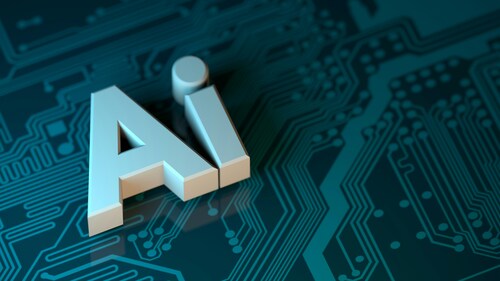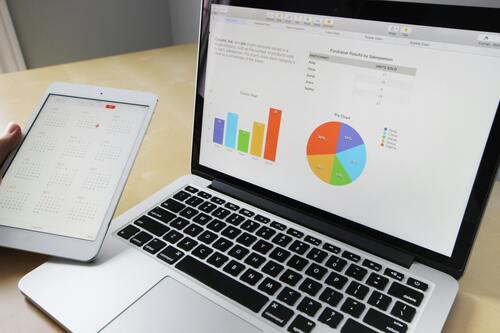The integration of artificial intelligence into the workplace has consistently proven to be a game-changer. With the continuous evolution of technology, AI has been pivotal in redesigning job roles and enhancing operational efficiencies. This transformative technology is reshaping industries by automating routine tasks, fostering innovative problem-solving approaches, and streamlining decision-making processes. The promise of increased productivity through AI is not just a futuristic concept but a present-day reality. In this article, we delve into the various aspects of AI that contribute to workforce productivity and scrutinize its far-reaching effects.
The Role of AI in Enhancing Workforce Efficiency
AI is transforming workplace productivity by automating repetitive tasks and allowing employees to focus on strategic work. In customer service, AI chatbots handle basic questions, freeing up human agents for more complex issues. This collaboration between people and machines leads to greater efficiency, better decision-making, and increased job satisfaction.
AI-driven tools like BA Insight play a crucial role in streamlining data analysis, uncovering trends, and guiding informed decisions. Through AI enablement, organizations benefit from faster workflows, accurate insights, and improved project outcomes, especially in areas like scheduling, resource allocation, and predictive behavior analysis.
AI and Automation: Reshaping the Landscape of Human Labor
AI and automation are transforming human labor by taking over traditional tasks and introducing new job categories that demand tech-savvy skills. While concerns about AI-induced unemployment persist, many experts highlight its potential to enhance workplace safety and open up more intellectually fulfilling roles. In manufacturing, robots reduce injury risks and boost production quality.
As automation reshapes industries, there’s a pressing need for re-skilling initiatives to prepare workers for AI-integrated roles. Governments, schools, and companies are investing in tech education. In retail and logistics, AI optimizes inventory and streamlines operations, allowing human workers to supervise and support automated systems for greater efficiency.
Measuring the Productivity Boost from AI Integration in Various Sectors
AI is driving measurable productivity gains across key sectors. In healthcare, AI enhances diagnostic accuracy and personalizes treatments, improving patient outcomes and hospital efficiency. Financial institutions use AI for predictive analytics, fraud detection, and customized services, resulting in faster, more secure operations.
Education benefits from AI-driven personalized learning, which boosts student engagement and performance. In agriculture, AI-powered precision farming uses sensors and machine learning to optimize crop management, increase yields, and support sustainable practices.
Addressing the Skill Gap: AI’s Impact on Employee Training and Development
The integration of AI in the workplace is shifting workforce skill demands toward digital literacy and technical expertise. To adapt, organizations are expanding employee training programs that focus on AI competencies, fostering innovation and readiness for change. AI-powered platforms enhance training by offering scalable, personalized learning tailored to each employee’s pace.
Educational institutions are also collaborating with industries to bridge the AI skill gap through specialized courses in data science and machine learning. These efforts create a steady flow of AI-ready talent. When combined with responsible AI use, such training programs improve performance tracking and support continuous skill development.
Future of Work: Balancing AI Advancements with Human Ingenuity
The future of work hinges on harmonizing AI’s strengths with human creativity, empathy, and strategy. While AI handles data analysis and predictions, human qualities drive innovation. Organizations are using AI to enhance rather than replace human roles, with ethical considerations playing a vital role, emphasizing privacy, fairness, and accountability.
AI can also support diversity by reducing bias in hiring, fostering inclusive workplaces. To navigate this evolving landscape, leaders must adopt new management styles that guide human-AI collaboration. Clear communication, strategic planning, and change management are crucial to ensure AI is integrated effectively and responsibly into the workforce.
Altogether, AI enablement presents a transformative influence on workforce productivity, with benefits spanning efficiency, safety, and innovation. Successful integration of AI requires a forward-thinking approach to employee training, ethical deployment of technology, and a reimagining of work that values human skills and AI advancements equally. The future of the workforce looks promising, with ample opportunities for growth and development as we embrace the full potential of artificial intelligence.



